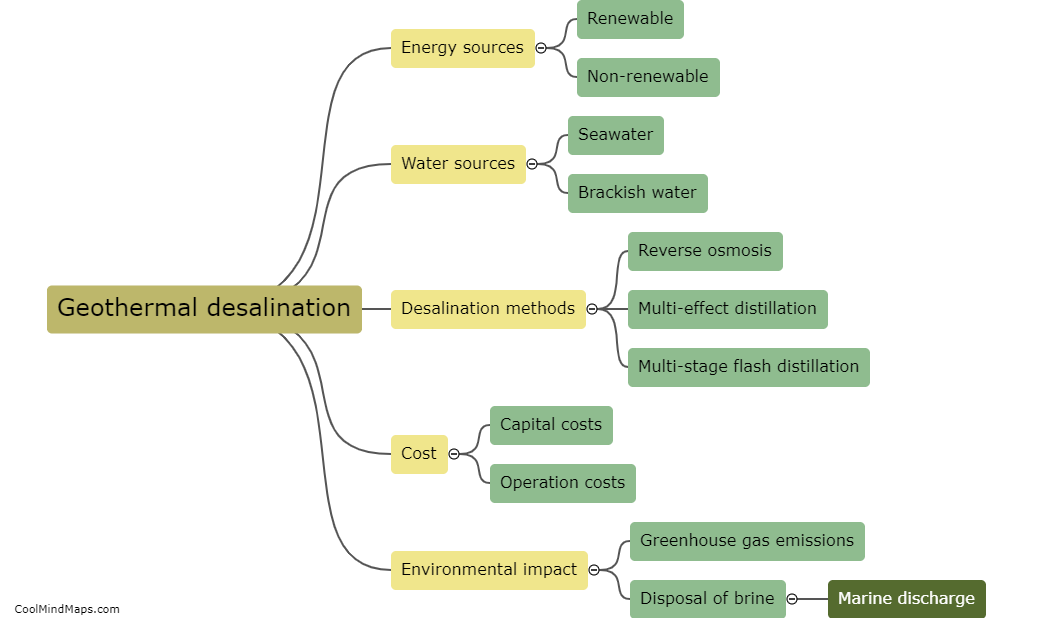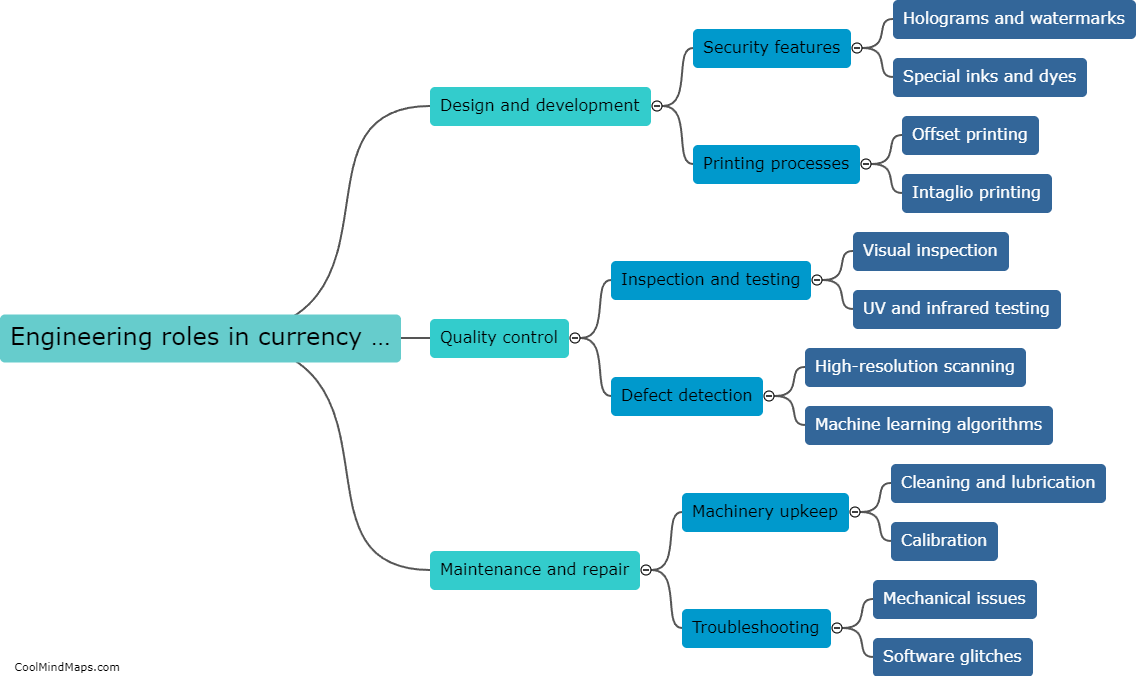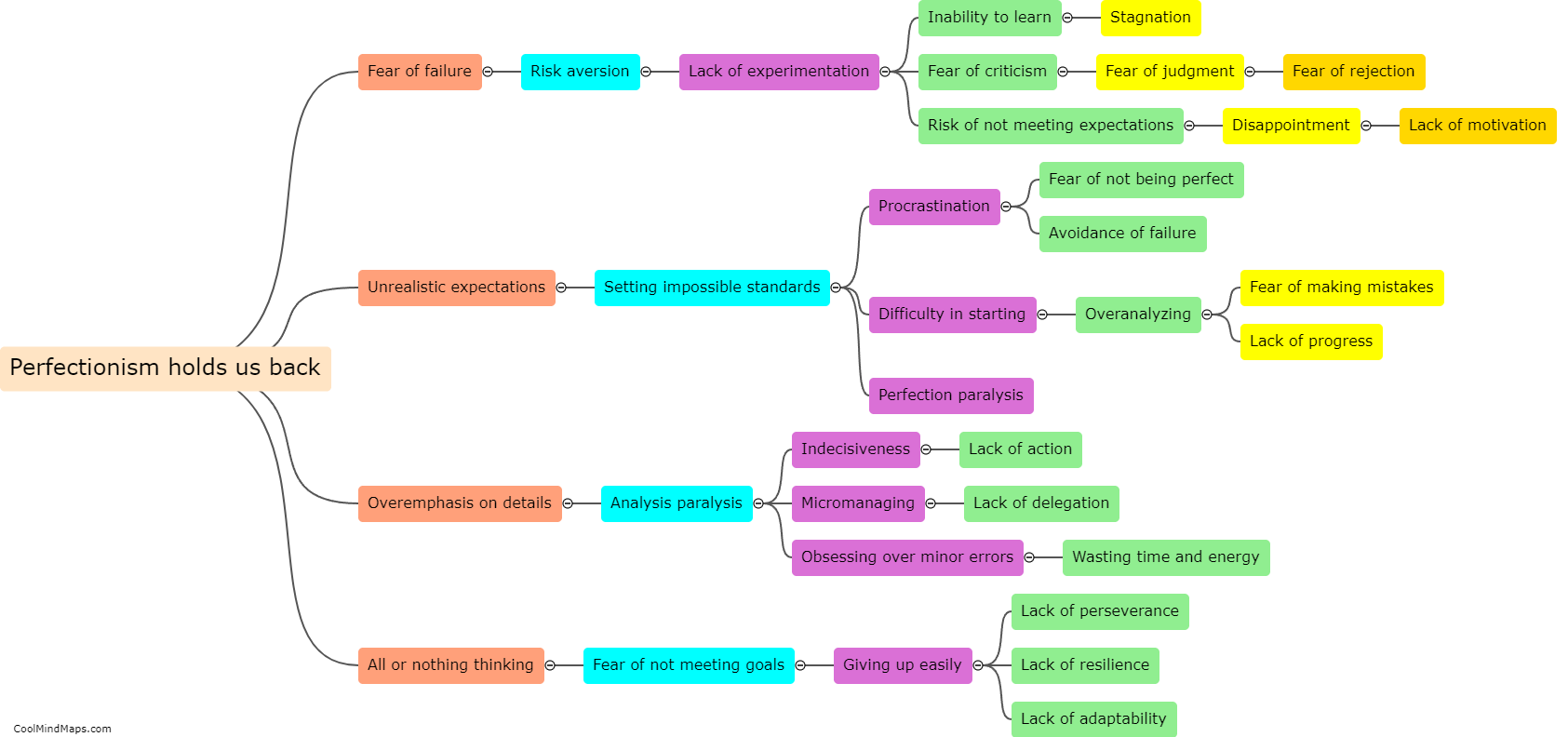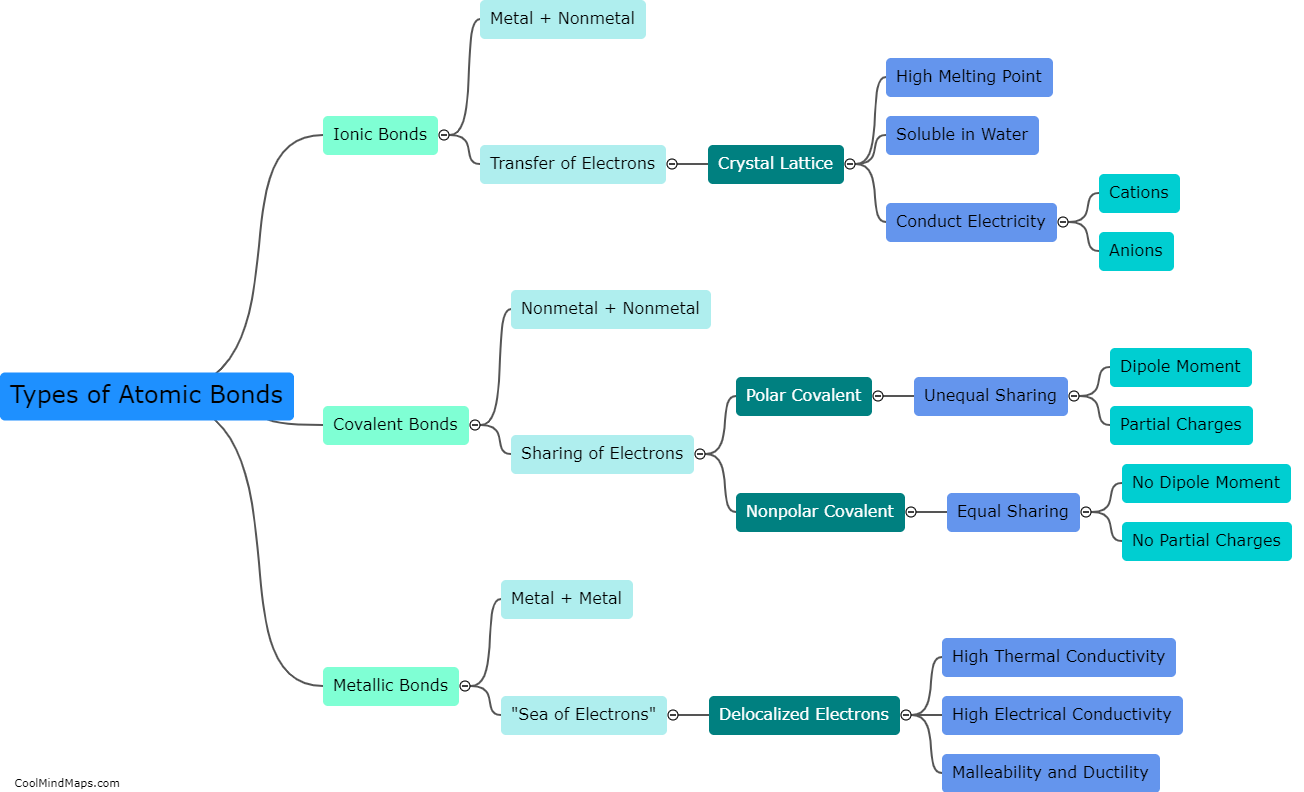What are the negative effects of perfectionism?
Perfectionism can have several negative effects on individuals' mental, emotional, and physical well-being. Firstly, perfectionists often experience high levels of stress and anxiety as they set impossibly high standards for themselves and fear failure or making mistakes. This constant pressure can lead to burnout, fatigue, and even physical health issues such as insomnia or digestive problems. Additionally, perfectionists tend to have self-critical tendencies, constantly berating themselves for not meeting their own unrealistic expectations, which can contribute to low self-esteem, depression, and feelings of inadequacy. Perfectionism can also hamper relationships, as it can make individuals excessively critical of others and create unrealistic expectations in personal and professional interactions. Overall, the negative effects of perfectionism highlight the importance of fostering a healthy and balanced approach to pursuing goals and achievements.

This mind map was published on 8 November 2023 and has been viewed 88 times.











